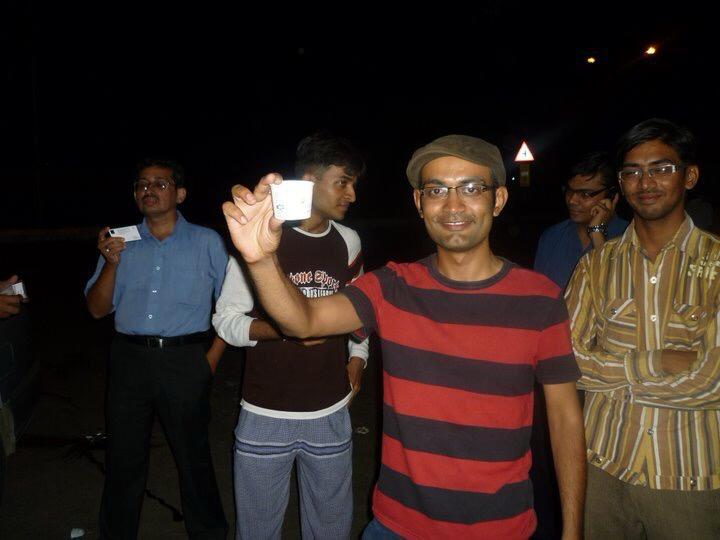The Journey from Idea Conception to Product Delivery – How to Build Great Products
Innovation often sprouts from a single seed: the idea. Over the past decade, we’ve witnessed numerous transformative products emerge from the fertile ground of imagination. Ideas, far from being mere fleeting thoughts, serve as the catalysts for groundbreaking solutions to real-world problems.
From software marvels like ERP systems, tax tech solutions, and e-commerce platforms to tangible innovations like modern transportation and vertical mobility solutions, the impact of ideas spans across industries. Consider Karl Benz’s visionary idea in 1885, birthing the concept of personal transport over long distances, or the inception of elevators and escalators, aiming to streamline vertical travel. The relentless pursuit of making life easier for oneself and others often sparks the most brilliant ideas.
As a member of the software product industry, I can attest to this process through firsthand experience. When faced with the laborious task of deploying product updates, and consuming valuable time and resources, the logical step is to seek efficiency through automation. The evolution of concepts like automation in IT parallels the principles of Lean manufacturing, emphasizing streamlined processes with minimal waste.

Indeed, great products are born out of necessity and a desire to simplify complexity. They are the offspring of visionaries who dare to challenge the status quo and envision a better future. Consider the genesis of social media, initially conceived as a means to foster online social connections, evolving into the sprawling networks we navigate today. Similarly, the humble beginnings of computer systems, designed for basic arithmetic, have blossomed into multifunctional marvels that permeate every aspect of modern life.
Yet, the journey from idea to fruition has its challenges. The fear of ridicule often stifles creativity, preventing individuals from sharing their ideas with the world. However, history teaches us that true innovation requires courage to defy skepticism and persevere in adversity. Had Thomas Edison succumbed to doubt, his myriad inventions, including the light bulb, phonograph, and motion picture camera, might never have come to fruition.

For me, the essence of developing great products lies in nurturing great ideas, conducting feasibility assessments, and maintaining a steadfast vision. Criticism, while inevitable, should be viewed as constructive feedback, guiding iterative improvements rather than deterring progress. After all, it’s the amalgamation of diverse perspectives, unwavering dedication, and unwavering belief in the power of innovation that propels humanity forward.






Appreciated the message that innovators often face skepticism but vision plus refusing to quit can drive progress. Examples like transport advances showed criticism is everywhere but can’t stop good ideas. I’m motivated to put my shy concepts out there boldly and not be deterred if all don’t understand them initially. – rewrite in very simple and easy to read language
I found this article truly motivating. It showed how big ideas start small but through dedication can change the world. Even inventors like Edison faced doubts but kept going. Makes me want to work hard to turn my own ideas into reality and not let hurdles stop me.
As an engineer who has worked on many products over the years, I deeply appreciate how you articulated the less technical but equally critical parts of product development like scoping, prioritizing features, and crafting a compelling vision. We engineers tend to jump right into building, but having the right strategic foundation is what separates good products from great ones in the end.
As an aspiring inventor, this resonated with me. It encouraged creating even if success is uncertain, because breakthroughs can come from anywhere. Knowing geniuses like Edison had failures before changing the world makes me feel I too could invent something invaluable, even if takes many tries. I won’t let setbacks now dampen my spirit to experiment.